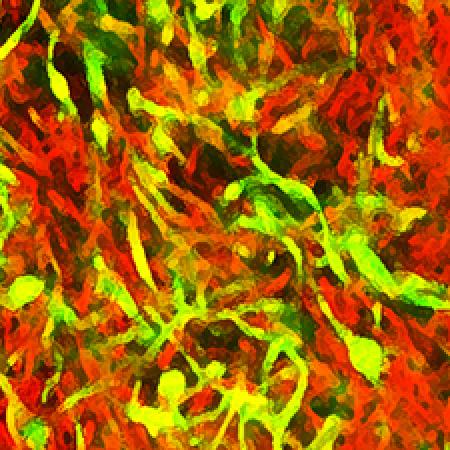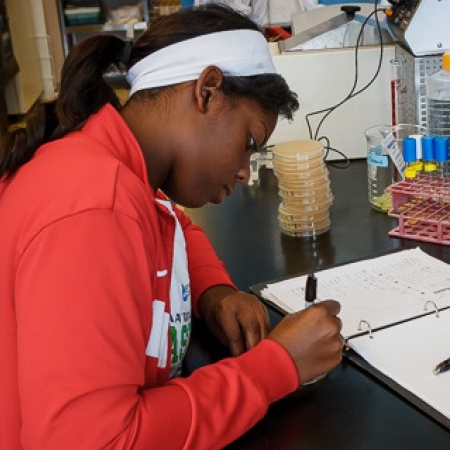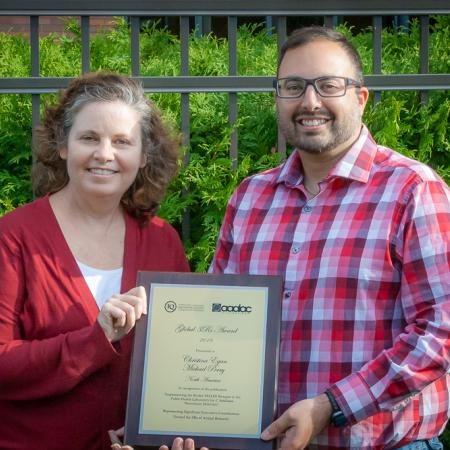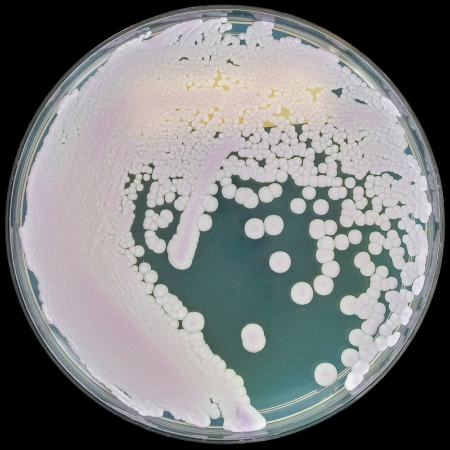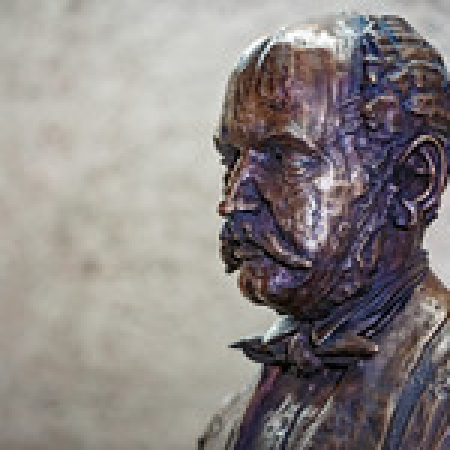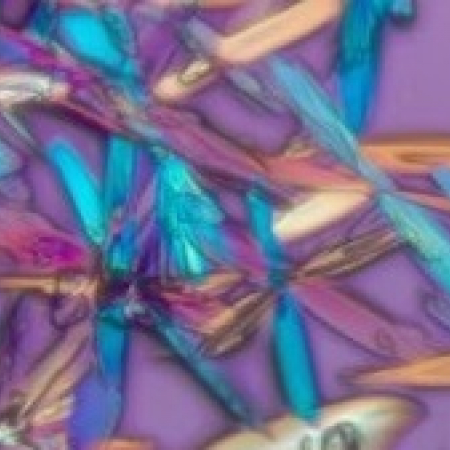Deciphering the sleep/wake cycle of ribosomes in mycobacteria
Infections with Mycobacterium tuberculosis (Mtb), the etiological agent of tuberculosis (TB) in humans, are difficult to eradicate with antibiotics: a 6-month long multidrug regimen is necessary for the treatment of TB. The drug recalcitrance of TB infections has been associated with a specialized subpopulation of Mtb cells, that do not replicate or are very slow growing and whose metabolism is significantly decreased.
READ MORE about Deciphering the sleep/wake cycle of ribosomes in mycobacteria 